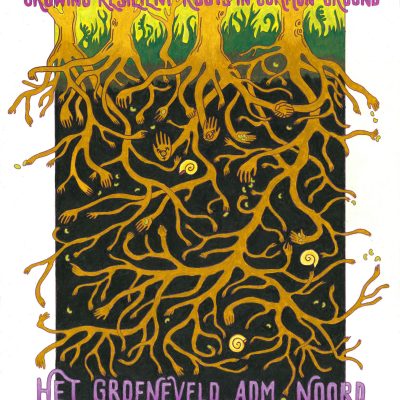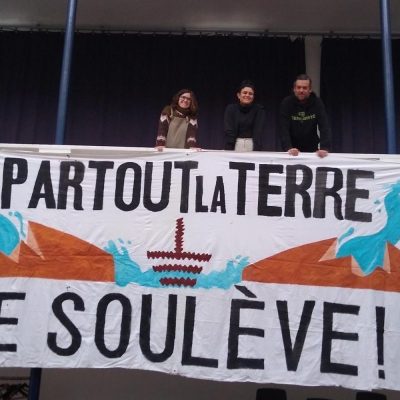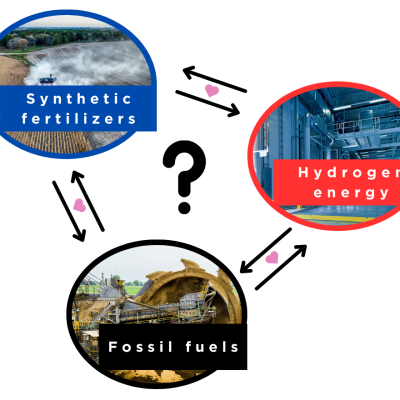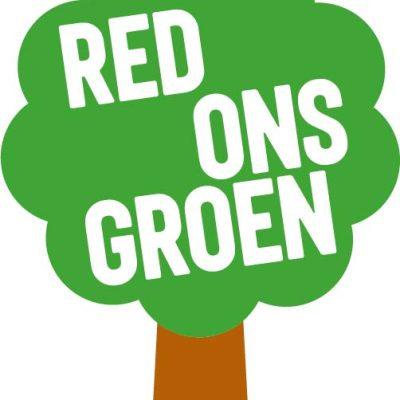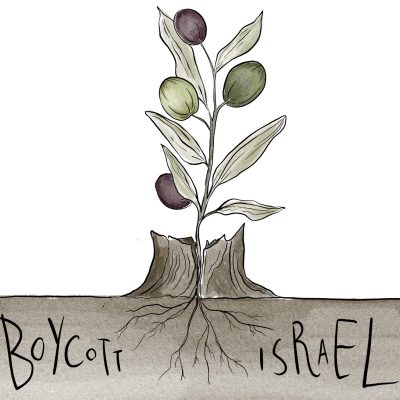This is a continuation of our farmers portrait series which was started late spring 2020 during the first COVID-19 wave. While the situation has evolved since then many people working on the land are still strongly impact by the pandemic and the way it has been managed. These interviews have not been conducted with what we can ”traditionally define” as “farmers”, but with people committed to an agricultural and community project, who make natural farming and food self-sufficiency as cornerstone of their projects. This interview was conducted in early summer 2020.
Where and what do you farm?
We are in a central region of Italy, Lazio, and this area is very socially and ruraly active. Our project is to expand our capacities in the South of Italy with a project called “EcoContrada Cavaro Project: re-living the Appeninnes in balance with nature and traditions of the Natural National Park of Cilento”. But this is for the future and the pandemic unfortunately blocked us from being able to start over there.
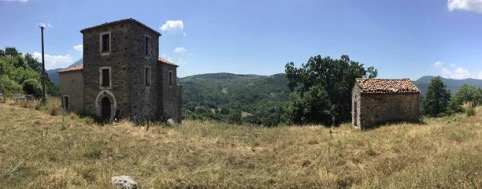
So, what are you currently doing?
I am an agronomist and I have been working in the forestry and nature conservation field for at least 30 years. So, here, in Lazio, where we are living, we have people interested in agroecology, permaculture, etc. We now have a synergistic permacultural land, a good practice which respects mother earth, soils and all organisms. We also work as a cultural association (domus mea latina) on professional training, sharing knowledge, seminars from from dance therapy to tai-chi, from theatre workshops to green building. We are now 5, with about 13 hectares of land. But there are other houses available and even an abandoned primary school we would like to give back life to. We hope we will be able to attract more and more people. We have participated in flash mobs and online rebellions during the lockdown and we are now thinking in preparation about what to do in practical terms as soon as this lockdown is over.
In this area there are peasant families, friends and farmers exchanging seeds, products, goods. A hidden social network that moves around and maintain certain traditions. For example, you will always find the lady offering you fresh eggs or cow meat. It is a minority, an underground niche, of course, but our idea and hope is to attract more energy and people to these areas, mostly the youngsters. Especially because we believe that the wilingness to “go back to normal” is the most dangerous idea right now.
In what ways do you experience the Coronavirus measures affecting your work and life?
Indeed the pandemic blocked us in many ways, but the local municipalities are still interested to the sustainable practices we are putting forward, primarily because of the need of attracting back young people to this area. Of course, we are not able now to continue with our project in the South. But, anyway, this situation of the virus has benefited us: we live in the countryside, we have a vegetable garden, we tend to have sustainable economic relations with neighbors, we are exchanging seeds… All of this proved to be resilient and runned rather smoothly in this time.
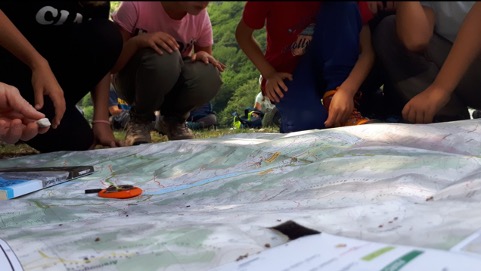
Do you feel that the general public attitude towards your work or more generally towards rural realities has changed since the Coronavirus crisis?
This is a big bet and ultimately the question everyone is thinking about. I think it depends on the ability of making our voices heard in a systemic way. Up to the point of influencing possible measures at the level of decision-makers, politicians, and the financial system. This is very difficult. We have been working a little with Exctinction Rebellion in this respect. On the level of networks, our idea is to increase relationships, build a critical mass and raise our voices in relation ot the system. And also to bring out the good practices that show how you can live a simple but very rich life. Obviously, it could always go against us, in the opposite direction of conservation instead of change. It is a cycle: when there is an economic crisis, the environmental aspect is not considered a priority. But it is precisely the environmental aspect that must be brought back to the center of our life, society, economy and finally to the financial system. This order has been turned upside down nowadays, with financial and economic system speaking first above everything else.
I still remember the speech of an important epidemiologist, 50 years back, already talking about pandemics in large concentration of population. The next world war will be the one for water and it will also be the last…
Is there anything else you would like to add?
Those who are not in our environment look at us with a strange look, those who do not want to understand, while instead this time of crisis could be a time in which people will see what we are doing in a positive way. Not thinking of us as “those weird folks who just play and have fun”, but that as people who took an important alternative life choice.
More info about the project can be found here: (original language: Italian)

